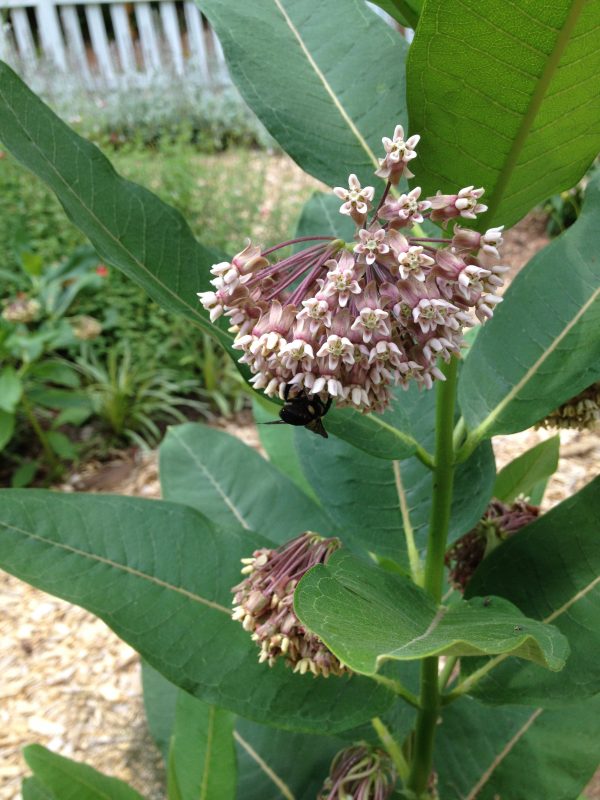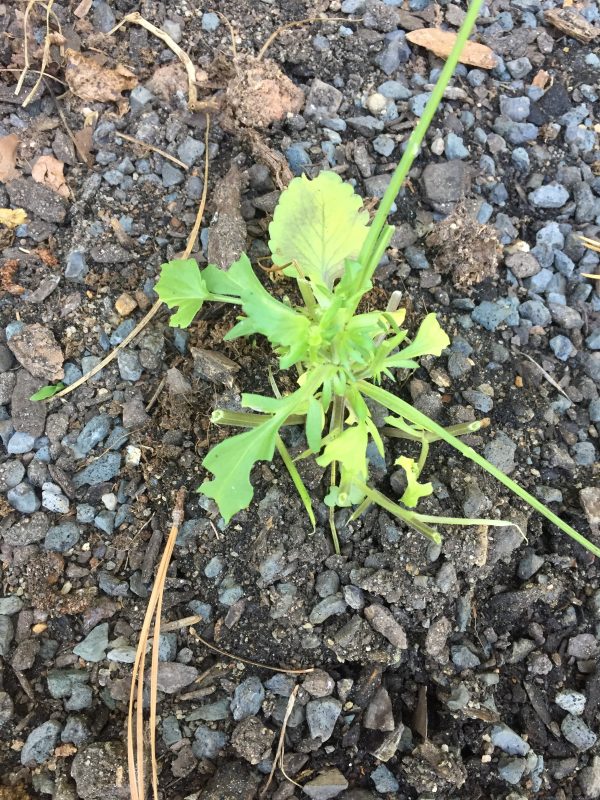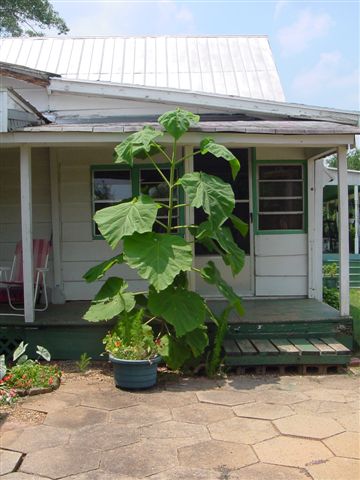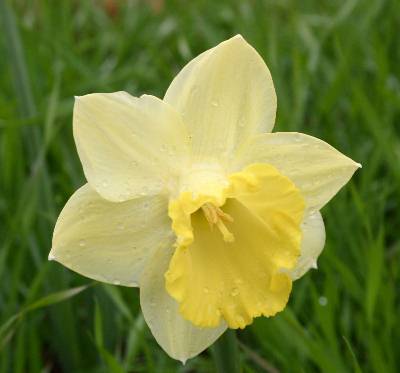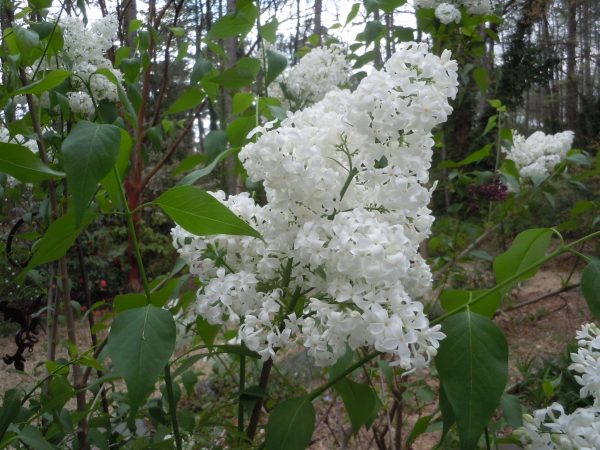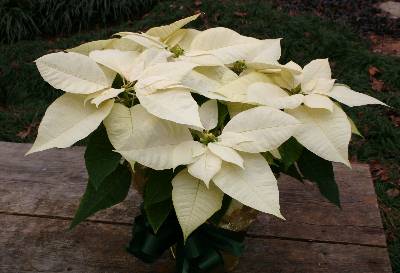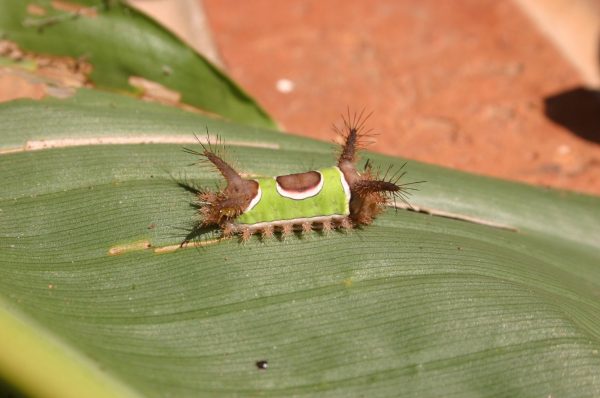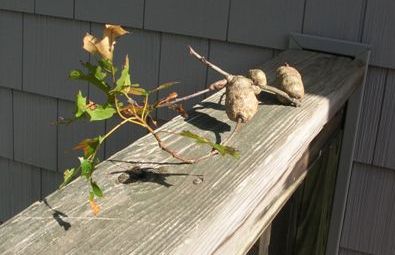Drought – Watering Flowers
Plants must have water to survive. Water in a plant is like blood in an animal. Water carries dissolved nutrients, sugars and hormones throughout the plant’s system. Some plants can go for long periods receiving only minimal water. Others require water every day. Here are some guidelines to help you determine when, where and how much to water.
During drought or watering restrictions, consider the replacement cost of the plants in the landscape and do what you can to save the most valuable plants.
Annual flowers can be replaced more readily than trees and shrubs. If you can not water, cut back annual and perennial flowers by half and mulch them heavily to help them survive a drought. Perennials will go into a dormant state when under moisture stress.
Hand Watering
Hand watering is not just for newly planted ornamentals. It is also an effective and efficient way of applying water to selected plants that show signs of stress during dry periods. The direct application of water to the base of the plant, provided it is applied slowly enough to be absorbed by the soil, uses less water and is more efficient than sprinkler irrigation.
To avoid runoff when using the hand-held hose, use a water wand or other nozzle that divides the spray into rain-size droplets. Some nozzles have built-in spray pattern adjustments.
> Examine plants for signs of water stress (wilting, blue/gray leaves) before you water
> When watering by hand, apply about 5 gallons of water per 10 square feet. This is approximately the amount of water delivered by garden hose operating one minute at medium pressure.
Soaker hoses
A soaker hose can effectively water a swath one foot wide on either side of the hose. A 50 foot long hose can water 100 square feet of flower bed. Apply 50 gallons of water per 100 square feet when plants show water stress.
To determine how much water your soaker hose delivers:
> Coil it up and put it in a large plastic garbage bag.
> Cut a small hole in one corner of the bottom of the bag.
> Connect the soaker hose to your garden hose. Turn on the water.
> Suspend the soaker hose (in the bag) above a five gallon bucket. Allow water to drain into the bucket.
> Time how long it takes for the hose to apply five gallons of water.




